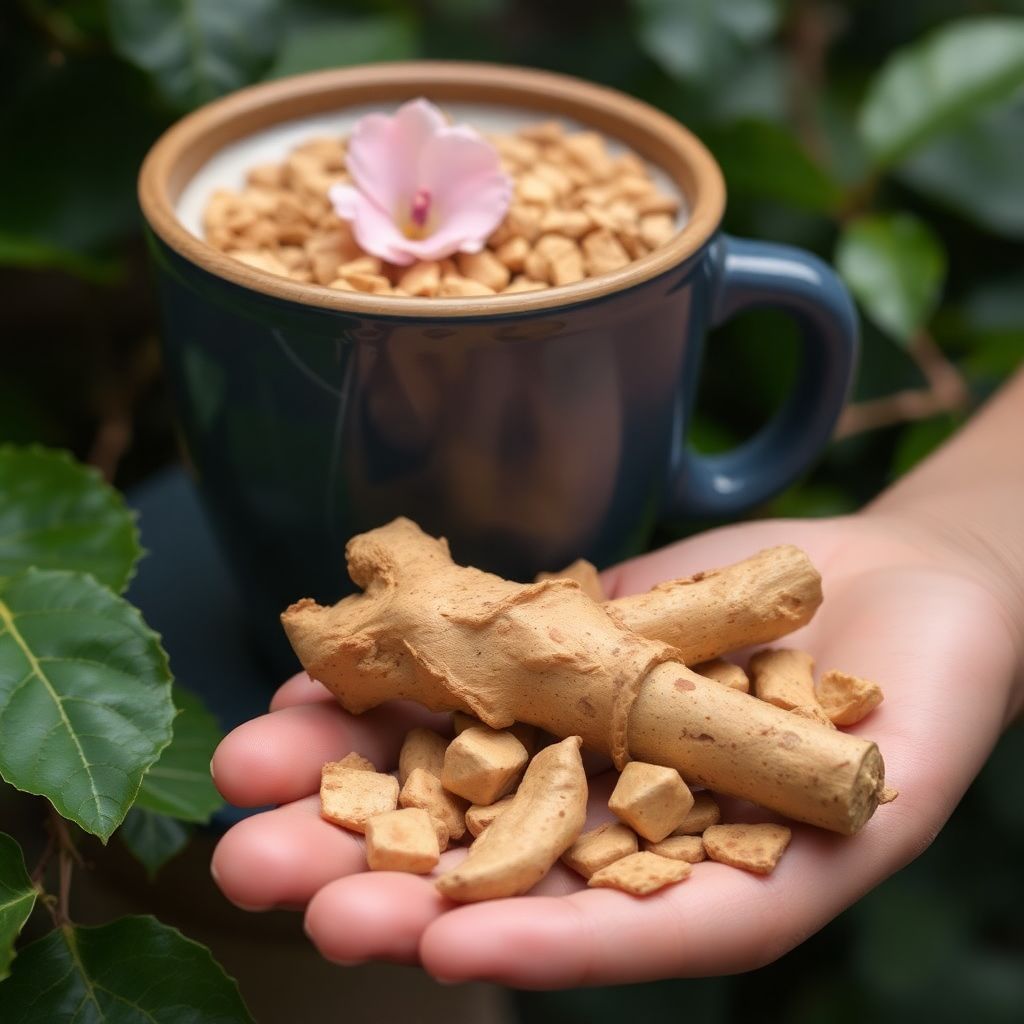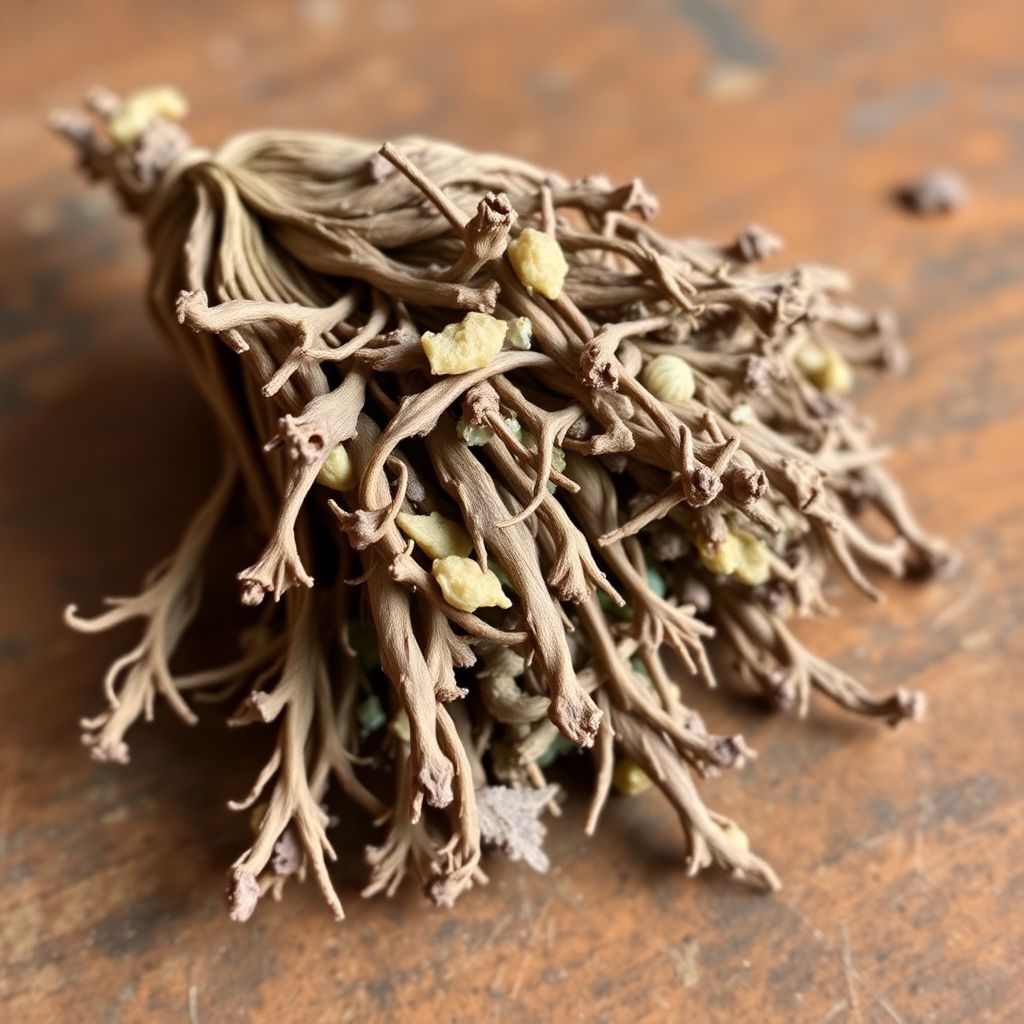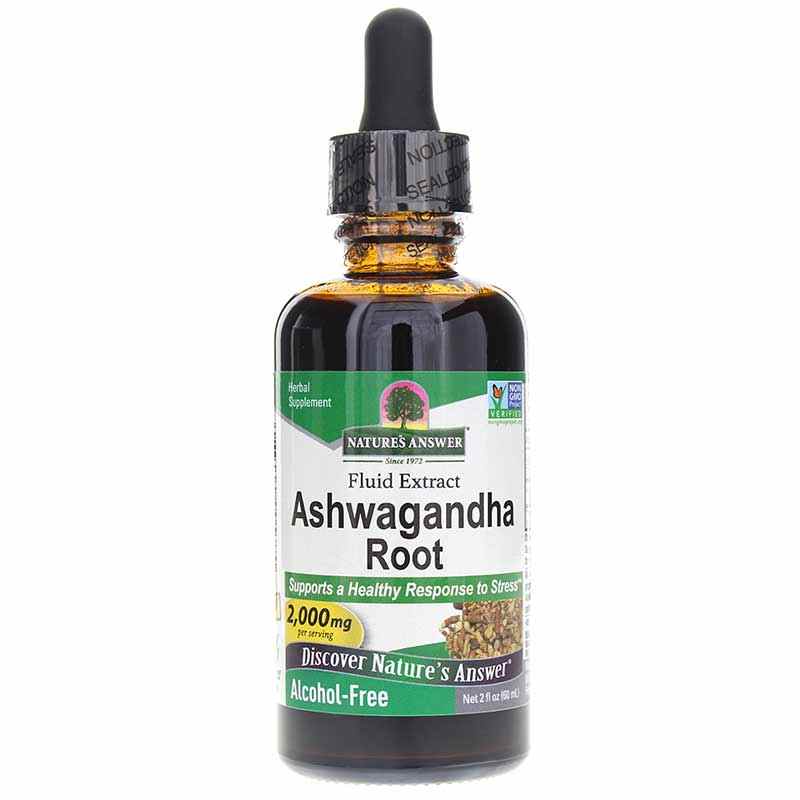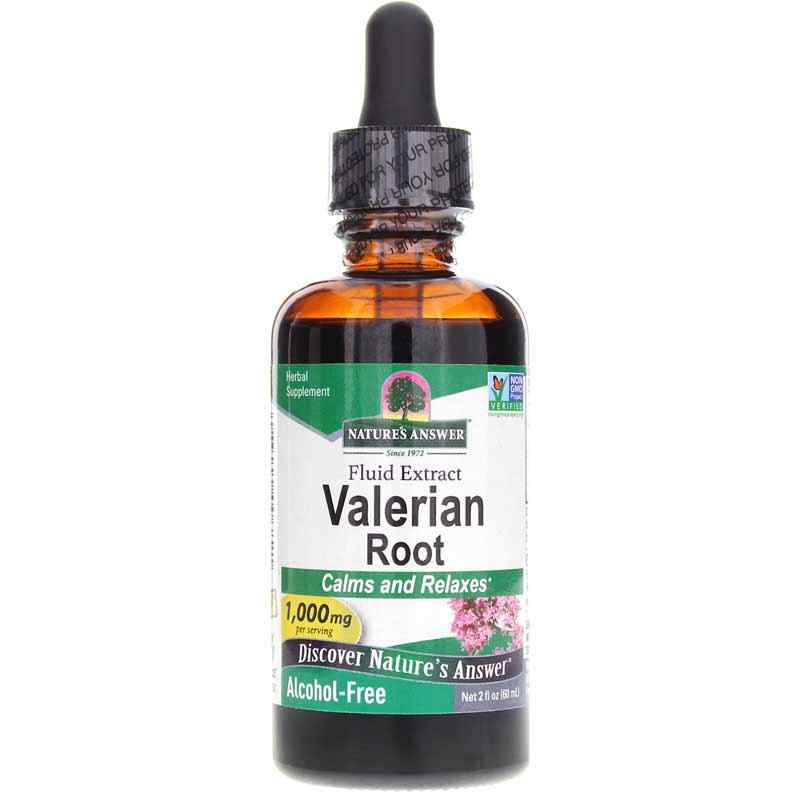Ashwagandha vs Valerian Root for Sleep: Which Ancient Herb Works Better?
Sleepless nights can drain your energy, cloud your mind, and sap your health. While prescription sleep aids are an option, many are turning to natural remedies like ashwagandha and valerian root—herbs with thousands of years of history behind them.
Ashwagandha tackles stress to set the stage for rest, while valerian root calms your mind for faster sleep.
In this guide, we’ll explore how they work, how to use them, and how to pair them with simple habits for better nights.
Note: This reader-supported blog may include affiliate links to trusted products.
Why These Herbs Work for Sleep
Ashwagandha: The Stress-Reducing Adaptogen

Ashwagandha (Withania somnifera) is an adaptogen, meaning it helps your body handle stress. Its active compounds, called withanolides, lower cortisol—your “stress hormone” that can throw off your sleep-wake cycle.
A study found ashwagandha “significantly reduced stress, anxiety, sleeplessness, and fatigue, while lowering serum cortisol levels compared to placebo.” By keeping stress in check, it helps your body ease into sleep naturally.
Valerian Root: The Relaxation Booster

Valerian root (Valeriana officinalis) takes a different approach, boosting gamma-aminobutyric acid (GABA)—a neurotransmitter that quiets your brain. Its key compound, valerenic acid, interacts with GABA receptors to promote relaxation and deeper sleep.
Research suggests valerian increases slow-wave sleep, the restorative phase vital for physical recovery and memory. If falling asleep is your struggle, valerian might be your ally.
Quick Comparison
Ashwagandha works indirectly by managing daytime stress, while valerian delivers immediate calm at bedtime. Together, they cover both ends of the sleep challenge.
The Historical Roots of Sleep Herbs
Ashwagandha: The Powerful Ayurvedic Sleep Aid
Ashwagandha (Withania somnifera) has been a cornerstone of Ayurvedic medicine for over 3,000 years. Native to India and North Africa, this adaptogenic herb treats stress, anxiety, and insomnia.
The name “ashwagandha” comes from Sanskrit, meaning “smell of horse”—referring to both its distinct odor and reputed ability to impart strength and vitality.

Nature’s Answer Ashwagandha Root Extract offers this ancient remedy in its purest form. Their alcohol-free formula ensures gentle delivery of ashwagandha’s stress-reducing benefits without harsh solvents, while their Bio-Chelated extraction process maximizes absorption of the active withanolides.
Valerian Root: Europe’s Ancient Natural Sleep Remedy
Valerian root (Valeriana officinalis) is native to Europe and Asia with usage dating back to ancient Greece and Rome.
During World War II, English soldiers used it to calm their nerves during air raids.

Nature’s Answer Valerian Root carries this tradition forward with their standardized extract that ensures consistent delivery of valerenic acid—the key compound that interacts with your brain’s relaxation pathways. Their unique extraction process preserves valerian’s volatile compounds often lost in other products.
Can You Take Ashwagandha and Valerian Root Together?
Yes, you can take ashwagandha and valerian root together, but it’s important to start with one herb at a time to understand your body’s response before combining them.
These professionally formulated extracts work synergistically—ashwagandha regulates your stress response during the day while valerian root promotes relaxation when it’s time to sleep.
Always consult a healthcare provider before combining herbal supplements, especially if you’re taking any medications.
Timing Is Everything for Better Sleep
Take ashwagandha in the morning or early afternoon as it can energize some people. This timing allows it to manage stress throughout the day, setting the stage for better night sleep.
Take valerian root about an hour before bedtime to maximize its sedative effects and ease you into slumber without morning grogginess.
Finding Your Right Sleep Dosage
Ashwagandha: Start with 300-500 mg of root extract once or twice daily. Adjust based on how you feel.
Valerian Root: Begin with 300-600 mg before bed. Start low and increase gradually to find your sweet spot.
Choosing the Right Sleep Herb Form
Both herbs come in various forms to suit your routine:
- Ashwagandha: Capsules for convenience, powder for smoothies, or liquid extracts for fast absorption. Nature’s Answer Ashwagandha Root Extract offers an alcohol-free, bio-chelated formula that maximizes withanolides.
- Valerian Root: Capsules for ease, tinctures for quick use, or tea for a soothing ritual (though the taste isn’t for everyone). Nature’s Answer Valerian Root delivers standardized valerenic acid with a process that preserves its potency.
How to Take Ashwagandha and Valerian Root for Sleep
Morning: Set the Stage with Ashwagandha
Mix ashwagandha powder into warm milk or tea, paired with a few deep breaths or a quick mindfulness moment. This kickstarts stress relief for a calmer day—and night.
Evening: Unwind with Valerian Root
An hour before bed, take valerian root and try progressive muscle relaxation—tense and release each muscle group from toes to head. Add lavender or chamomile essential oils for a multi-sensory wind-down.
Extra Boost
For a science-backed deep dive, check out Dr. Andrew Huberman’s Huberman Lab – Optimizing Sleep video (linked below). It pairs herbal timing with relaxation techniques you can start tonight.
What to Know Before Starting
Side Effects
- Ashwagandha: Mild digestive upset, drowsiness, or headaches in some cases.
- Valerian Root: Possible headaches, dizziness, or stomach discomfort.
Who Should Avoid Them
- Pregnant or breastfeeding women (insufficient safety data).
- People on sedatives, antidepressants, or anti-anxiety meds (risk of interactions).
- Those with liver issues, autoimmune conditions, or upcoming surgery (stop 2 weeks prior).
- Consult a doctor if you have thyroid disorders, diabetes, or hypertension.
Limitations
These herbs aren’t magic bullets. They may not work for everyone, and chronic insomnia might signal an underlying issue—see a healthcare provider if sleeping issues persist.
Diet and Lifestyle Boosters
Support your herbs with:
- Foods rich in magnesium (leafy greens), tryptophan (turkey), or complex carbs (sweet potatoes).
- Regular exercise, less caffeine, and a consistent sleep schedule.
Conclusion: Making The Right Choice For Your Sleep
When deciding between ashwagandha and valerian root for sleep, consider your specific sleep challenges. For stress-related sleep issues that occur gradually throughout the day, morning doses of Nature’s Answer Ashwagandha may work best by regulating your cortisol levels. For difficulty falling asleep or staying asleep, Nature’s Answer Valerian Root’s direct action on GABA receptors makes it the stronger choice.
Many find optimal results by strategically using both—ashwagandha in the morning for all-day stress management and valerian root before bed for immediate relaxation effects. Always start with quality supplements, appropriate timing, and proper dosages.
Remember that herbal remedies work best as part of a comprehensive approach to sleep hygiene. Combine them with consistent sleep schedules, evening wind-down routines, and a sleep-friendly environment.
While these ancient herbs may offer modern sleep solutions with fewer side effects than prescription medications, consult with a healthcare professional before starting any new supplement regimen.
Frequently Asked Questions About Sleep Herbs
What is the most powerful herb for sleep?
Valerian root is widely considered the most powerful herb specifically for sleep among traditional remedies. Its direct action on GABA receptors produces more immediate sedative effects compared to other herbs. Studies show it can reduce the time it takes to fall asleep and improve sleep quality for many users. However, individual responses vary, and some people may find other herbs like passionflower or lemon balm more effective for their specific sleep needs.
What is better for sleep, valerian or ashwagandha?
Valerian root is typically better for immediate sleep support, while ashwagandha is better for addressing stress-related sleep issues. Valerian works directly as a sedative by enhancing GABA in the brain, helping you fall asleep faster. Ashwagandha works more indirectly by reducing stress hormones throughout the day, which can improve sleep quality over time. For acute insomnia, valerian may provide more immediate relief, while for chronic stress-related sleep problems, ashwagandha might be more beneficial long-term.
Why should you not take ashwagandha at night?
You should not take ashwagandha at night because it can have energizing effects in some people, potentially interfering with falling asleep. Ashwagandha works by regulating cortisol levels throughout the day, which is most effective when taken in the morning or early afternoon. Some users report feeling more alert or experiencing vivid dreams when taking it close to bedtime. For optimal sleep benefits, timing your ashwagandha dose earlier in the day allows it to regulate your stress response during waking hours, setting the stage for better natural sleep later.
Can I take valerian and ashwagandha together?
Yes, you can take valerian and ashwagandha together as they work through different mechanisms and may provide complementary benefits. Ashwagandha helps manage daytime stress by regulating cortisol levels, while valerian promotes evening relaxation through GABA enhancement. For optimal results, take ashwagandha in the morning or afternoon and valerian root about an hour before bedtime. However, always start with one herb at a time to understand your individual response before combining them, and consult with a healthcare provider, especially if you’re taking medications.
What is ashwagandha used for?
Ashwagandha primarily reduces stress and anxiety, improves sleep quality, and boosts overall well-being. It’s also studied for potential cognitive function and athletic performance enhancement.
How long does it take for valerian root to work for sleep?
Valerian root typically takes 2-3 weeks of regular use to show significant improvements in sleep quality. Some notice effects sooner, while others might need more time.
Can ashwagandha be taken daily?
Yes, ashwagandha can be taken daily. Start with a lower dose and gradually increase as needed. Discuss long-term use with a healthcare provider.
Does valerian root interact with any medications?
Valerian root can interact with medications affecting the central nervous system. Consult a healthcare provider before using if you’re taking any medications.
Is ashwagandha or valerian root better for anxiety?
Both herbs help with anxiety through different mechanisms. Ashwagandha manages stress as an adaptogen, while valerian root has more direct calming effects. The choice depends on your individual needs.
How does ashwagandha affect cortisol levels?
Ashwagandha helps reduce cortisol levels, which can manage stress and potentially improve sleep quality.
Are there any side effects of taking valerian root?
Common side effects include headache, dizziness, and gastrointestinal upset. Most side effects are mild and decrease with continued use. Always consult with a healthcare provider before starting supplementation.
How does valerian root compare to melatonin for sleep?
Valerian root works differently from melatonin. While melatonin directly signals sleep onset, valerian root promotes relaxation. Some find valerian root more effective for staying asleep throughout the night.
Health Disclaimer
The information provided in this article is for educational purposes only and is not intended to diagnose, treat, cure, or prevent any disease. This content does not constitute medical advice. Always consult with a qualified healthcare provider before starting any supplement regimen, especially if you have underlying health conditions or are taking medications. The author and publisher of this article are not medical professionals and make no claims regarding the efficacy of these herbs for treating medical conditions.
